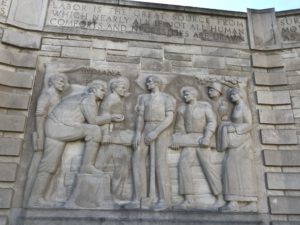 During my Chasing Abraham Lincoln road trips this summer I covered areas where Lincoln was born, raised, became an adult, and debated the politics of the day. My last stop was in Rockport, Indiana. Today I move on to the Lincoln Boyhood National Memorial in Lincoln City, Indiana. This stop was truly going back in time.
During my Chasing Abraham Lincoln road trips this summer I covered areas where Lincoln was born, raised, became an adult, and debated the politics of the day. My last stop was in Rockport, Indiana. Today I move on to the Lincoln Boyhood National Memorial in Lincoln City, Indiana. This stop was truly going back in time.
The site, run by the National Park Service, consists of two distinct areas connected by a large wooded area lined with hiking trails. When you first enter the site you find a large curved memorial building. Inside is the park service information center, some informative museum displays, a tiny store, and a small theater where they show a historical movie of Lincoln’s boyhood in Indiana. The outside of the building is covered from end to end with a series of sculptured relief panels by E.H. Daniels marking important periods in Lincoln’s life. Selected quotes from Lincoln are also carved into the building.
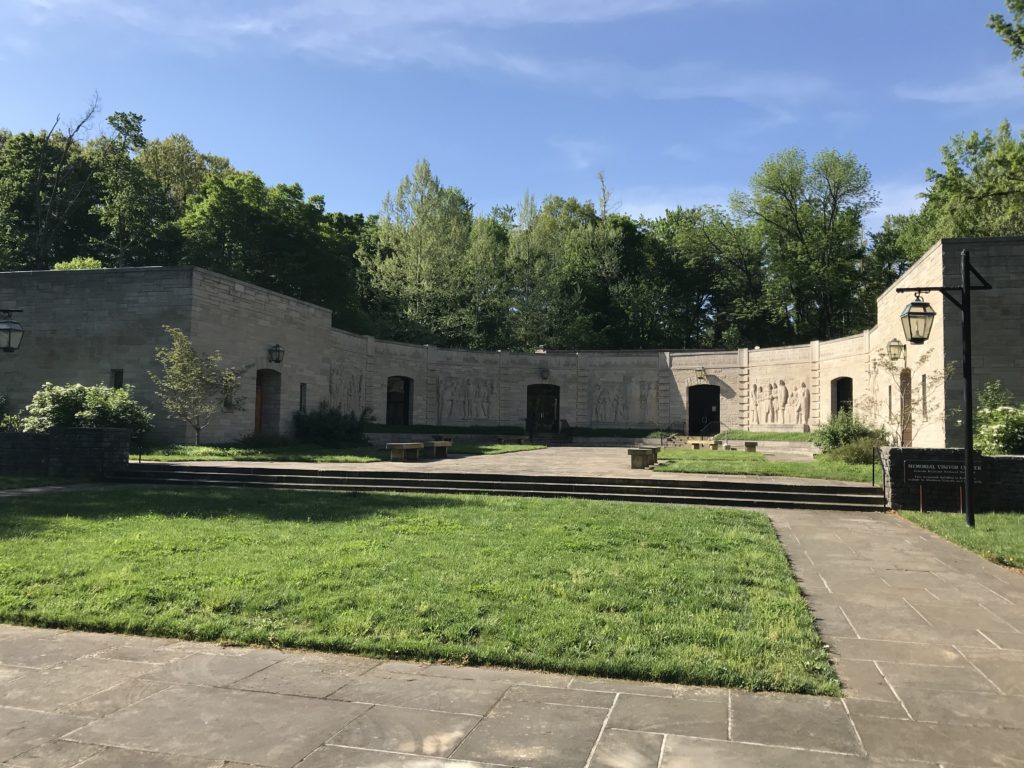 From here there is a short walk up a landscaped tree-line allee to the gravesite of Nancy Hanks Lincoln designed by Frederick Law Olmstead, Jr. Lincoln’s mother had died in 1818 of what was called “milk sickness,” later to be associated with cows eating the toxic white snakeroot plant. Her grave remained unmarked until a permanent marker was erected in 1879.
From here there is a short walk up a landscaped tree-line allee to the gravesite of Nancy Hanks Lincoln designed by Frederick Law Olmstead, Jr. Lincoln’s mother had died in 1818 of what was called “milk sickness,” later to be associated with cows eating the toxic white snakeroot plant. Her grave remained unmarked until a permanent marker was erected in 1879.
From here another short walk through the woods takes you to the Lincoln cabin site memorial. Researchers located and marked the site in 1917; another nineteen years passed before the State of Indiana excavated the site and found the remains of sill logs and a stone hearth. A bronze casting was created to fit the outline of the cabin’s foundation and that is what visitors can now see. Ironically, the Lincoln’s never actually lived in the cabin. This would have been the third cabin built by Thomas Lincoln and his family, but before it was completely he abruptly decided to leave Indiana and move to Illinois. The cabin was never finished.
Next is the second part of the two distinct areas – the Living Historical Farm. A log cabin, smokehouse, woodworking shed, and animal pens have been recreated and rangers dressed in period clothing perform a variety of activities typical of daily life during the time the Lincoln’s lived there. I spoke with several of the period performers who explained the ins and outs of life on the frontier farm. I learned that various tubers and squash are stored in the attic or buried, that candles could be made either from bee’s wax or rendered beef fat, and that mattresses were made from burlap bags filled with leaves or horsehair (or in some cases, wool). One man explained how pork was cured in the smokehouse; another showed me how various farm tools and furniture were made in the woodworking shed.
But I wasn’t finished. One of the many highlights is a walking trail called the “Trail of Twelve Stones.” It begins near the Living Historical Farm and winds through the forest, ending eventually near the pioneer cemetery. Along the trail you’ll encounter a series of twelve stones that have some significance to Lincoln’s life, all transported to this location and set with small bronze plaques explaining their significance. For example, there is a stone from Lincoln’s birthplace in Hodgenville, Kentucky. Another stone comes from the foundation of the Berry-Lincoln store in New Salem. There are stones from the White House, from Mary Lincoln’s home in Kentucky, from the Lincoln Cottage, from where he delivered the Gettysburg Address, and from a variety of other sites associated with Lincoln. The final stone of the twelve is a memorial to Lincoln’s mother, Nancy Hanks Lincoln.
To cap off my visit a park ranger excitedly hurried out to my direction as I returned to the visitor center. “Look up,” he yelled, pointing at a raptor soaring above the trees. “It’s a Mississippi kite,” he explained. “Very rare here in Indiana. We have a pair nesting in the park. There’s another pair nesting in the State Park across the road.”
And with that unexpected but thrilling end to my visit at the Lincoln Boyhood National Memorial, I hopped back in my car and headed across the road to Lincoln State Park. I had a date there with Lincoln’s sister, Sarah Lincoln Grigsby.
David J. Kent is an avid science traveler and the author of Lincoln: The Man Who Saved America, in Barnes and Noble stores now. His previous books include Tesla: The Wizard of Electricity and Edison: The Inventor of the Modern World and two e-books: Nikola Tesla: Renewable Energy Ahead of Its Time and Abraham Lincoln and Nikola Tesla: Connected by Fate.
Check out my Goodreads author page. While you’re at it, “Like” my Facebook author page for more updates!


















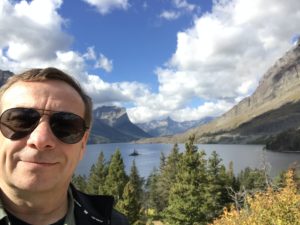 In the last quarter of my most recent 2000 mile road trip we met a lovely couple at a Montana rest stop. Gene and Jacque were sitting in foldable chairs next to their large RV camper when we pulled in to stretch our legs. As we talked about life I realized that very day – September 12th – was the 5-year anniversary of my science traveling life.
In the last quarter of my most recent 2000 mile road trip we met a lovely couple at a Montana rest stop. Gene and Jacque were sitting in foldable chairs next to their large RV camper when we pulled in to stretch our legs. As we talked about life I realized that very day – September 12th – was the 5-year anniversary of my science traveling life.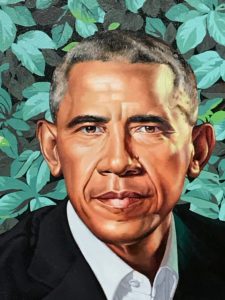 Yesterday I visited the Portrait Gallery in Washington, D.C. The Gallery shares a building (once the Patent Office) with the Smithsonian American Art Museum but because it sits several blocks off the National Mall it is often overlooked by tourists and locals alike. That’s a shame because the two museums house some of the most important and relevant art to our times.
Yesterday I visited the Portrait Gallery in Washington, D.C. The Gallery shares a building (once the Patent Office) with the Smithsonian American Art Museum but because it sits several blocks off the National Mall it is often overlooked by tourists and locals alike. That’s a shame because the two museums house some of the most important and relevant art to our times.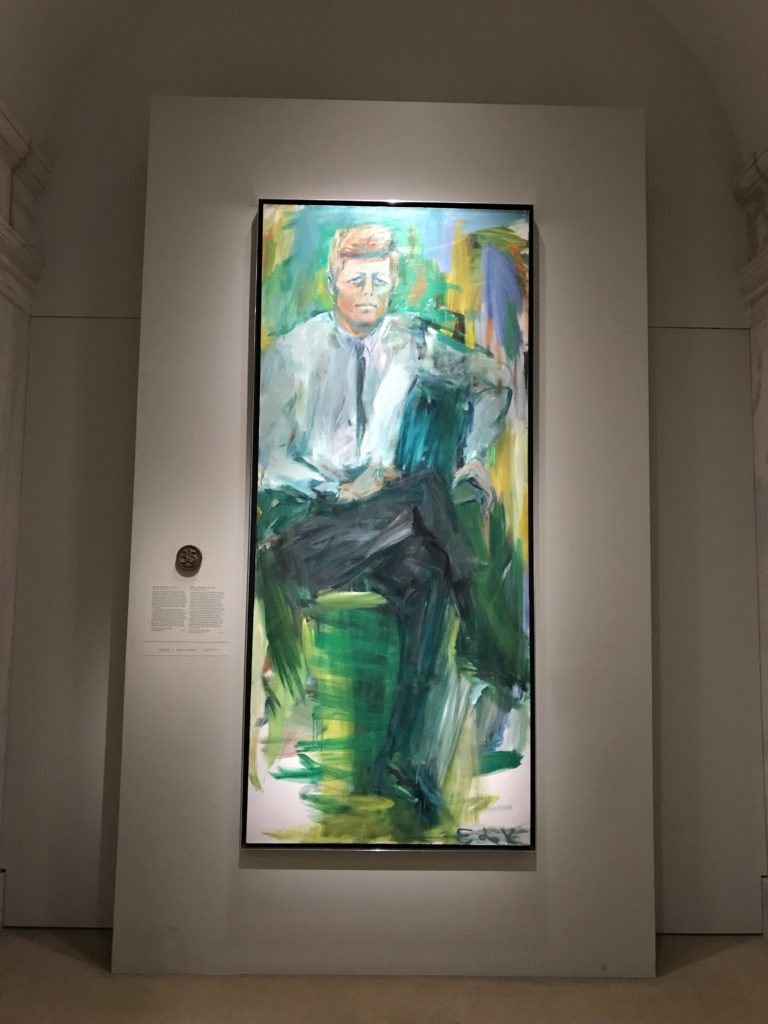













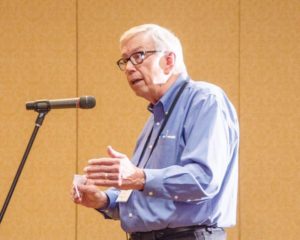 It is with deep regret that I mark the sudden passing of John Elliff. John was an Abraham Lincoln scholar and in many ways my mentor in the Lincoln field.
It is with deep regret that I mark the sudden passing of John Elliff. John was an Abraham Lincoln scholar and in many ways my mentor in the Lincoln field.





















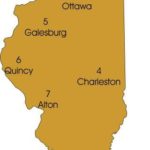 Now that I’ve recovered (not) from my recent overseas trip, I’m off on the second part of my Chasing Abraham Lincoln road trip. This part takes me into Illinois, the Land of Lincoln. For stories and photos from Part 1, click on
Now that I’ve recovered (not) from my recent overseas trip, I’m off on the second part of my Chasing Abraham Lincoln road trip. This part takes me into Illinois, the Land of Lincoln. For stories and photos from Part 1, click on 
















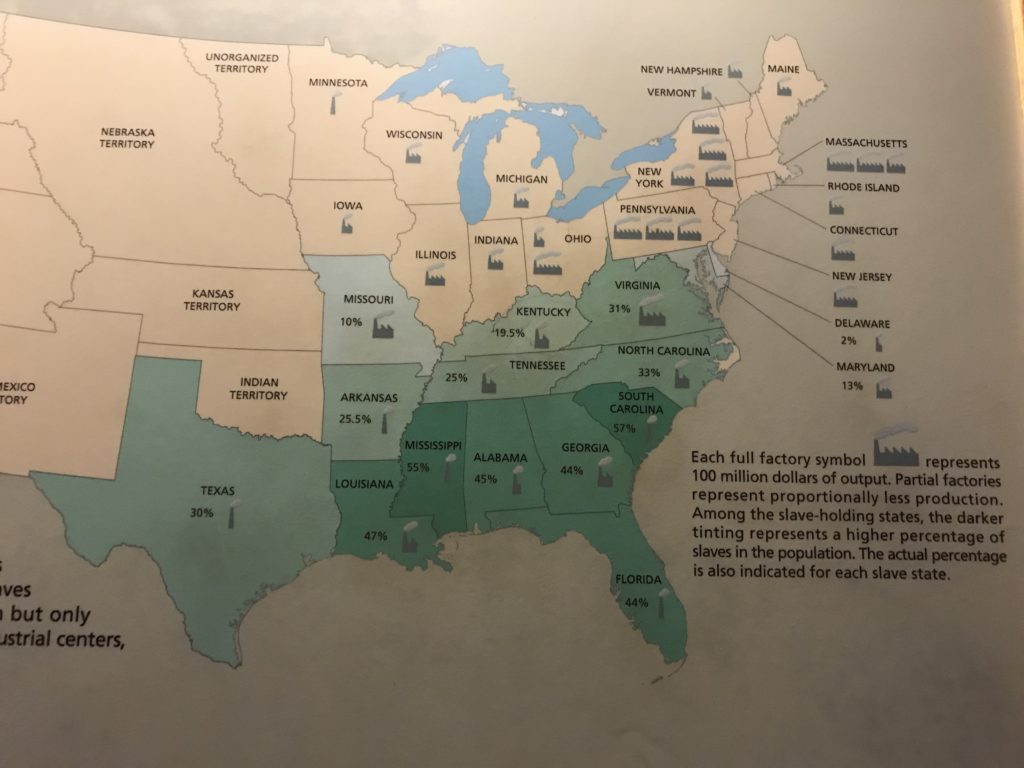 Like the Lincolns, my Chasing Abraham Lincoln tour (Part 1) takes me next into Indiana and the farm where Lincoln spent the next 11 of his most formative years. Alas, it’s also where he lost both his mother and his sister to eternity. Stay tuned.
Like the Lincolns, my Chasing Abraham Lincoln tour (Part 1) takes me next into Indiana and the farm where Lincoln spent the next 11 of his most formative years. Alas, it’s also where he lost both his mother and his sister to eternity. Stay tuned.






